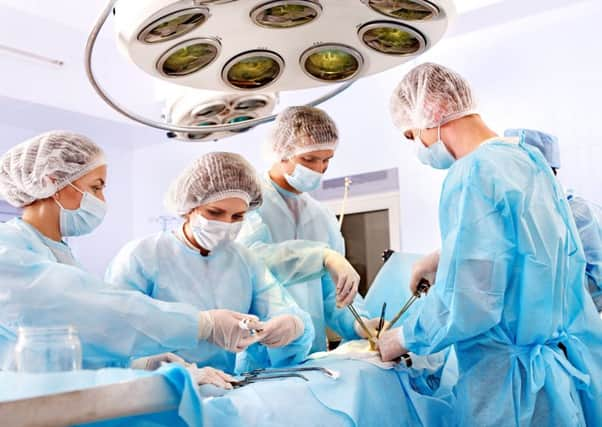West Herts Hospitals Trust pays £57million in compensation over the last five years


West Herts Hospitals has paid more than almost any of other hospital trust since 2012.
But Katie Fisher, chief executive of West Hertfordshire Hospitals NHS Trust, said the trust continued to learn from past incidents.
Advertisement
Hide AdAdvertisement
Hide AdShe said: “We are committed to delivering the very best and safest care for all our patients.
“We carry out a thorough multi-disciplinary review of all serious incidents to capture the learning and make any changes needed and we regularly audit our practice to ensure the learning is embedded.
“We also invest in structured learning and development for our staff to make sure they refresh their knowledge and keep their practice up-to-date.
“We have made significant improvements to our services recently and we have robust systems in place for governance, quality assurance and risk management reporting as demonstrated in our latest Care Quality Commission inspection report.”
Advertisement
Hide AdAdvertisement
Hide AdThe compensation figures for West Herts Hospitals Trust varies from year to year, from £6.3million in 2012-13, to £16.3million – last year.
Out of 256 NHS trusts, only 23 had paid more compensation than West Herts.
This figure for total medical negligence costs include damages paid, solicitors costs and court costs.
However West Herts still paid for less than some trusts, with Barts Health NHS Trust in London spending £123,000,000 – the equivalent of nearly £25million a year, or just over £67,433 a day.
Advertisement
Hide AdAdvertisement
Hide AdAnd the Leeds Teaching Hospitals NHS Trust spent £110million.
Of the county’s other NHS trusts, East and North Hertfordshire Trust paid just under £51million in five years, Hertfordshire Partnership NHS Trust paid £3.6million, and Hertfordshire Community Services NHS Trust paid £350,000.
A spokesman for the Department of Health said: “Our relentless drive to improve patient safety, including an ambition to halve the rates of neonatal deaths, stillbirths, maternal deaths and brain injuries caused during or shortly after labour by 2025, will help to reduce traumatic and costly safety failings in the NHS and ensure better protection for patients.
“We’re ensuring taxpayers’ money is spent effectively by taking action against law firms creaming off excessive legal costs that dwarf the damages recovered – but we’re also clear we want to ensure patients continue to access justice at a reasonable cost.”